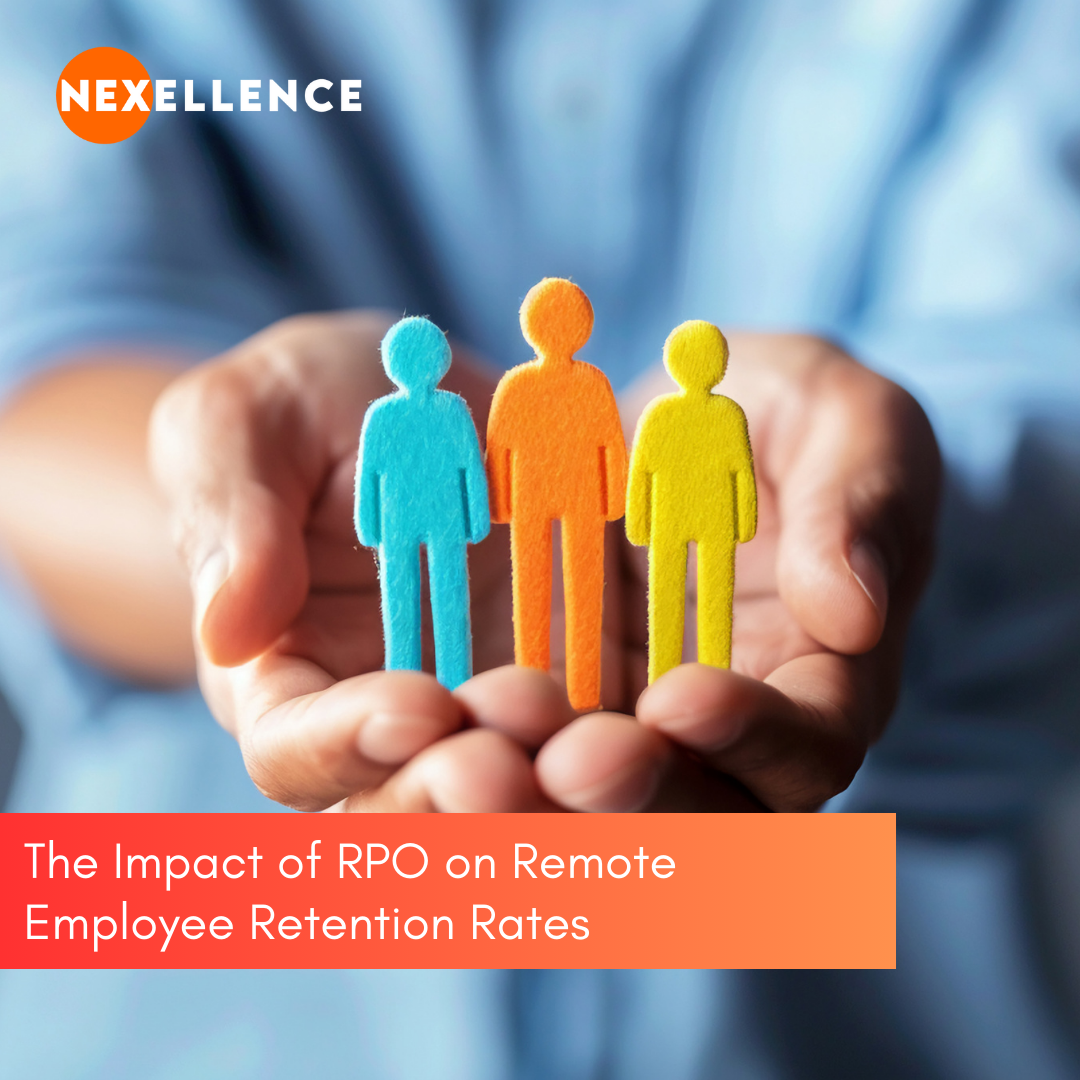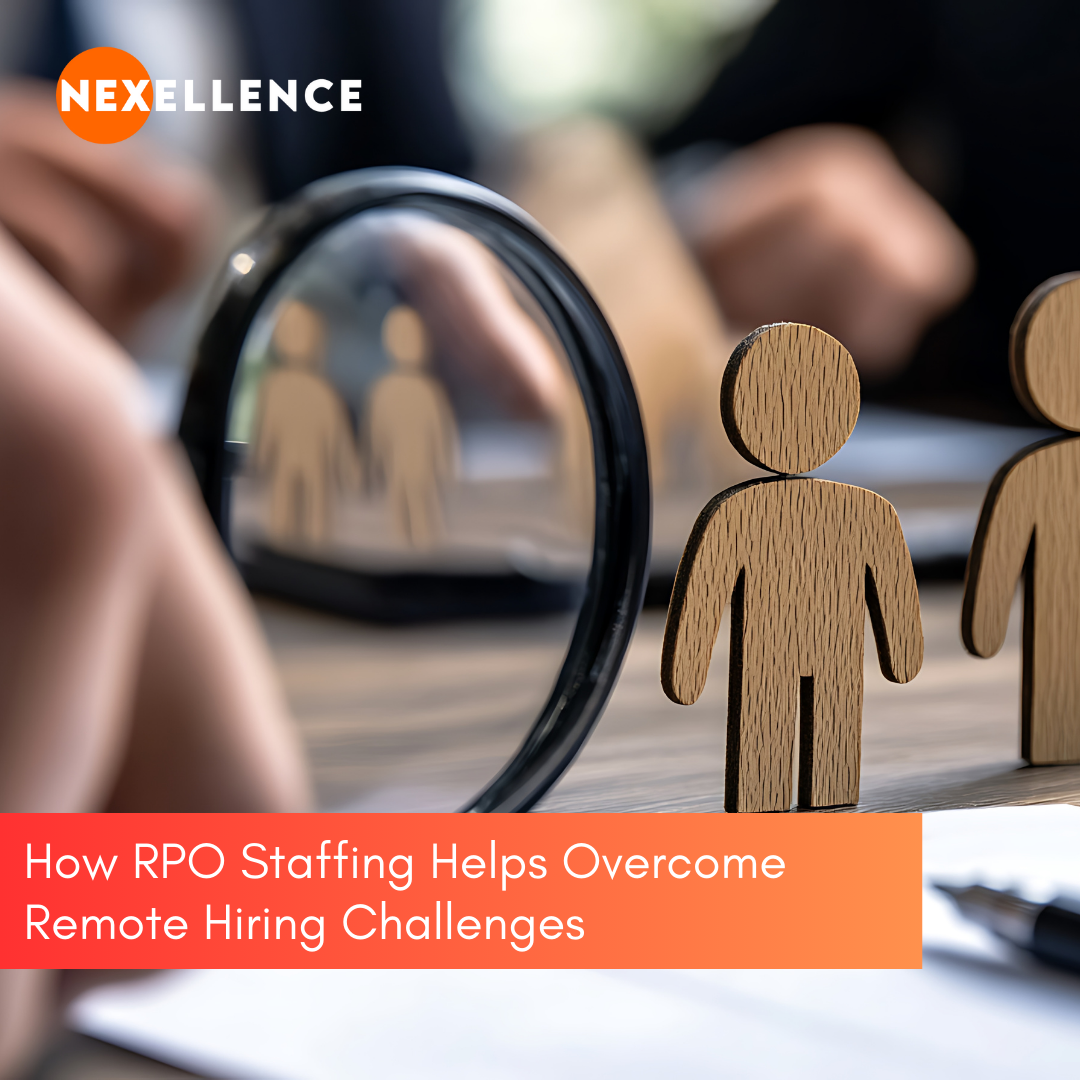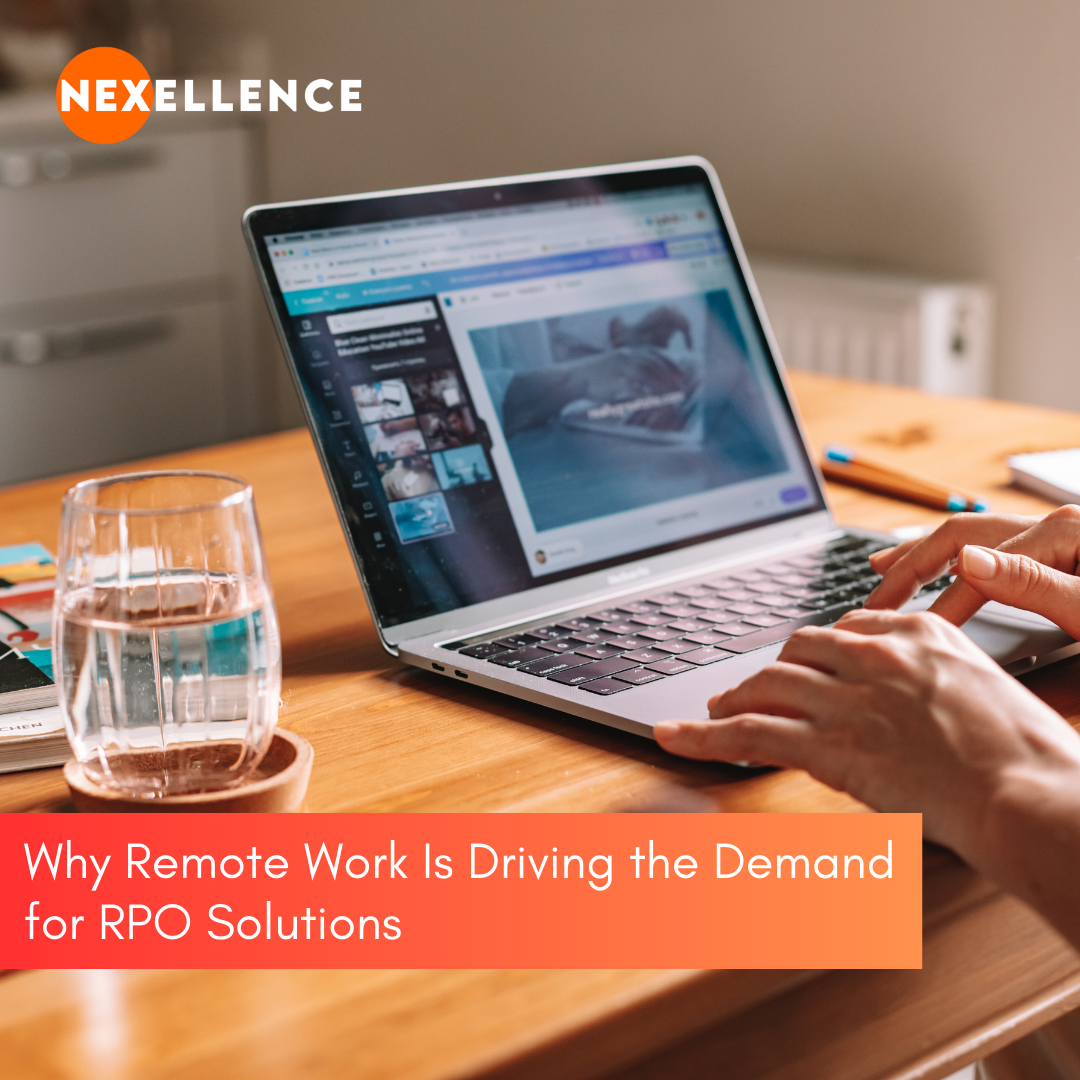In today’s fast-paced business landscape, companies are constantly looking for ways to stay competitive, especially when it comes to recruiting top talent. One of the most innovative and effective strategies that have been gaining traction in recent years is Recruitment Process Outsourcing (RPO). In this blog, we’ll dive into what RPO is, how it works, and why more and more organizations are turning to RPO to streamline their hiring processes and drive growth.
What is Recruitment Process Outsourcing (RPO)?
At its core, RPO is the outsourcing of the recruitment function to an external service provider. Instead of managing recruitment in-house, companies partner with specialized firms that handle the entire hiring process, from sourcing candidates to onboarding. RPO providers take over specific parts or all stages of the recruitment process, offering a scalable solution that fits an organization’s needs.
The Evolving Landscape of Hiring
In recent years, traditional recruitment methods have been under pressure to evolve. With the rise of digital transformation, remote work, and a more globalized talent pool, recruitment has become a more complex task. The demand for top-tier talent is high, and the job market is increasingly competitive. Furthermore, businesses are dealing with skills shortages, especially in technology and healthcare sectors, where the talent gap is significant. These challenges are forcing organizations to rethink their approach to hiring.
Enter RPO.
Why Are Companies Turning to RPO?
1. Cost-Effective Solution
Recruiting can be an expensive and time-consuming process. The costs associated with hiring include advertising job postings, screening candidates, conducting interviews, and managing recruitment teams. RPO providers help reduce these costs by leveraging economies of scale, advanced recruitment technologies, and their expertise in sourcing candidates more efficiently.
By outsourcing recruitment, companies can save on overhead expenses, allowing internal teams to focus on their core business functions, while still hiring top-tier candidates.
2. Scalability and Flexibility
In today’s dynamic business environment, workforce needs can fluctuate. Whether a company is going through rapid growth, a restructuring, or a seasonal hiring spike, scalability becomes critical. RPO providers offer the flexibility to quickly scale recruitment efforts up or down, ensuring that companies can hire as many (or as few) employees as needed without having to build or downsize internal recruitment teams.
This adaptability is especially important in industries where talent demands change rapidly, such as technology, retail, or manufacturing.
3. Access to Expertise and Technology
Recruiting top talent requires more than just posting job openings on job boards. RPO providers bring specialized knowledge, industry experience, and access to cutting-edge recruitment technology that enhances the entire hiring process. From applicant tracking systems (ATS) to AI-powered tools that help identify the best-fit candidates, RPO providers leverage the latest advancements to make hiring more efficient and effective.
Additionally, RPO providers often have deep industry networks and can tap into passive candidate pools—those individuals who may not actively be looking for a job but are open to the right opportunity. This is a huge advantage in sourcing highly qualified candidates quickly.
4. Improved Candidate Experience
The recruitment process is often the first impression that candidates have of a company. An inefficient or confusing recruitment experience can deter top talent from applying or accepting job offers. RPO providers focus on delivering a seamless, candidate-friendly experience by streamlining communication, offering timely feedback, and ensuring that the process is transparent.
By providing candidates with a positive experience, companies can build stronger relationships and enhance their employer brand, which ultimately helps attract the best talent in the market.
5. Focus on Strategic Goals
By outsourcing the operational aspects of recruitment, businesses can free up valuable time and resources to focus on their long-term strategic goals. In-house recruitment teams can shift their focus to talent planning, workforce development, and aligning hiring with the company’s overall objectives. This enables organizations to be more proactive in their approach to recruitment, rather than reactive.
RPO providers handle the tactical aspects of hiring, such as sourcing, screening, and interviewing, while businesses can focus on building a talent pipeline that supports growth and innovation.
The Future of Hiring: Why RPO Will Continue to Rise
As we move further into 2025 and beyond, the hiring landscape will continue to evolve. Companies are likely to face greater competition for skilled workers, the rise of remote and hybrid work models will necessitate more flexible recruitment strategies, and the increasing role of AI and automation will continue to reshape the recruitment process. In this environment, RPO offers the agility, expertise, and technology needed to navigate these challenges successfully.
Additionally, businesses will continue to recognize the importance of diversity and inclusion, which can be more effectively achieved through the refined sourcing practices of RPO providers. Ensuring a diverse workforce is not only an ethical priority but also a strategic one, with studies consistently showing that diverse teams perform better.
Conclusion: The Future Is RPO
Recruitment Process Outsourcing is no longer a trend, but a game-changing approach to hiring that is transforming how organizations attract, hire, and retain top talent. With its ability to drive cost savings, scalability, access to expertise, improved candidate experience, and alignment with strategic goals, RPO is quickly becoming an essential part of the recruitment strategy for many businesses.





